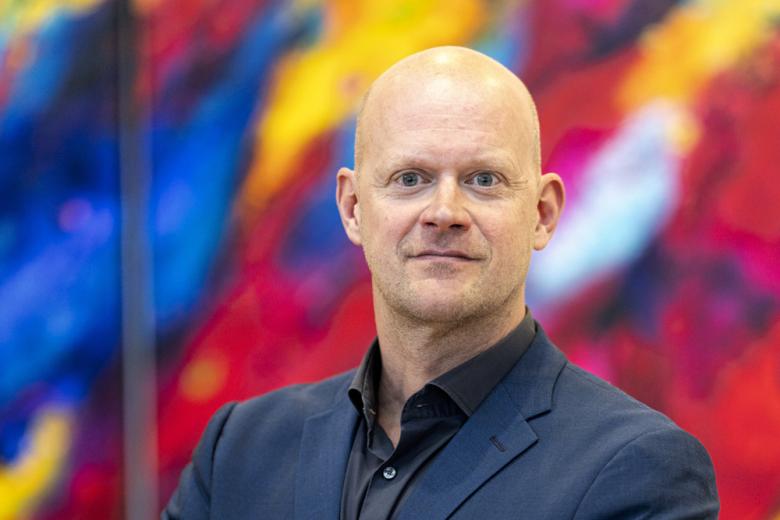Grant for Manuela Joore
1.5 million for research into the optimal use of new DNA diagnostics in prescribing cancer drugs
In recent years, many new drugs against cancer came on the market. These drugs are very effective in some of the patients. But not in all patients, while they do experience the burden of side effects. In addition, these new treatments are often very expensive. Therefore, a better selection of treatments for patients is necessary. The TANGO project aims to enable selection via smart use of the latest genetic techniques. For this, the project received a grant of 1.5 million from ZonMW, KWF and Silver Cross.
TANGO will focus on Whole Genome Sequencing (WGS, also called next generation sequencing). The group is committed to use WGS to prevent overtreatment and use of the most promising treatment for individual cancer patients. Cancer is caused by changes in the DNA. Many modern cancer treatments, including so-called targeted therapies and immunotherapies, work best when there are very specific changes or features present in the DNA of the tumour. With WGS these changes can be detected in the DNA. It provides diagnostic information for the current patient, but also research information that can improve care for future patients. WGS is the most complete way to conduct DNA testing. However, at present use, not all hospitals in the Netherlands use this technique in the same way. Most people only look at certain parts of the tumour DNA.
TANGO will focus on finding the optimal strategy to use WGS. The project leader is Dr Valesca Retèl, who works in the Antoni van Leeuwenhoek and at the University of Twente, in collaboration with main applicant Prof. Edwin Cuppen who works at the University Medical Center Utrecht (UMC Utrecht) and the Hartwig Medical Foundation.
In the project pathologists, geneticists, oncologists, ethicists, lawyers and health economists from nine different centers will work together:
- Antoni van Leeuwenhoek
- UMC Utrecht
- Maastricht UMC+
- Erasmus Medical Center
- University medical center Groningen
- VU University medical center
- University of Twente
- Center for Personalized Cancer Treatment (for the management of the study data)
- Hartwig medical Foundation (for generating WGS- data)
From Maastricht UMC+ Prof. Manuela Joore is involved in the work package which will develop tumour models to determine the effects of WGS and targeted therapies on survival, and leader of the work package that will examine the cost-effectiveness of WGS now and in the future.
Also read
-
Is the risk of cancer the same for everyone?
Valery Lemmens (GROW) conducts research on cancer, prevention, and how society is designed for making unhealthy choices.

-
Most prestigious European grant to two UM scientists
Two Maastricht University professors are to receive the most prestigious European research grant for individual researchers: an ERC Advanced Grant, worth over €2.5 million. They are Lorenzo Moroni (MERLN) and Alexander Sack (FPN).

-
A new outlook on rehabilitation care
Ivan Huijnen (CAPHRI) aims to shift from the biomedical 'disorder-focused' thinking to an integral view on healthcare.
